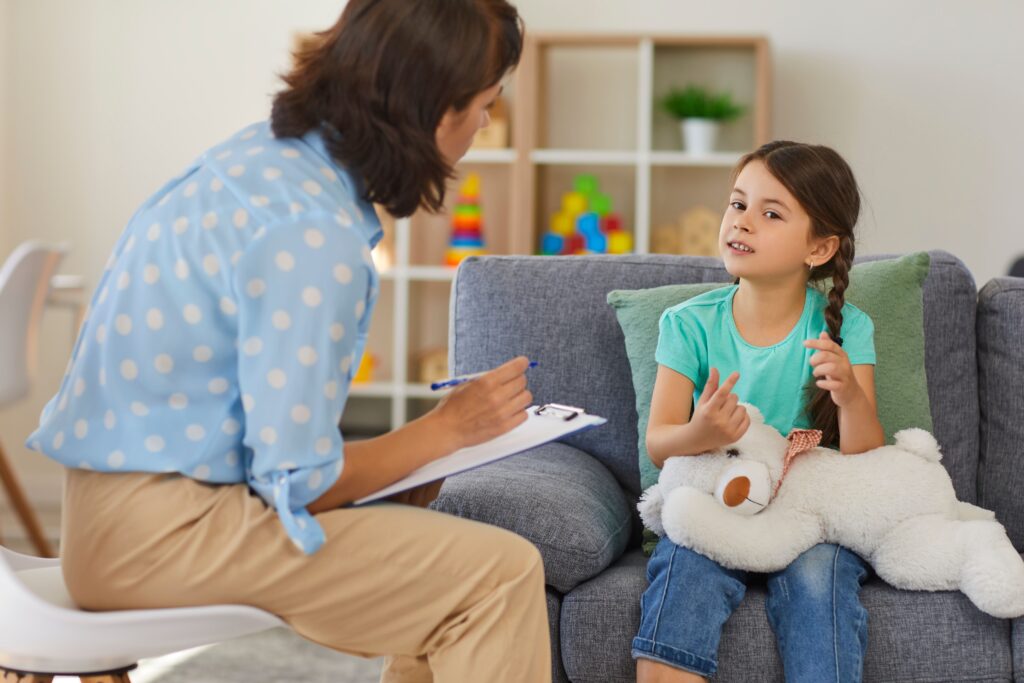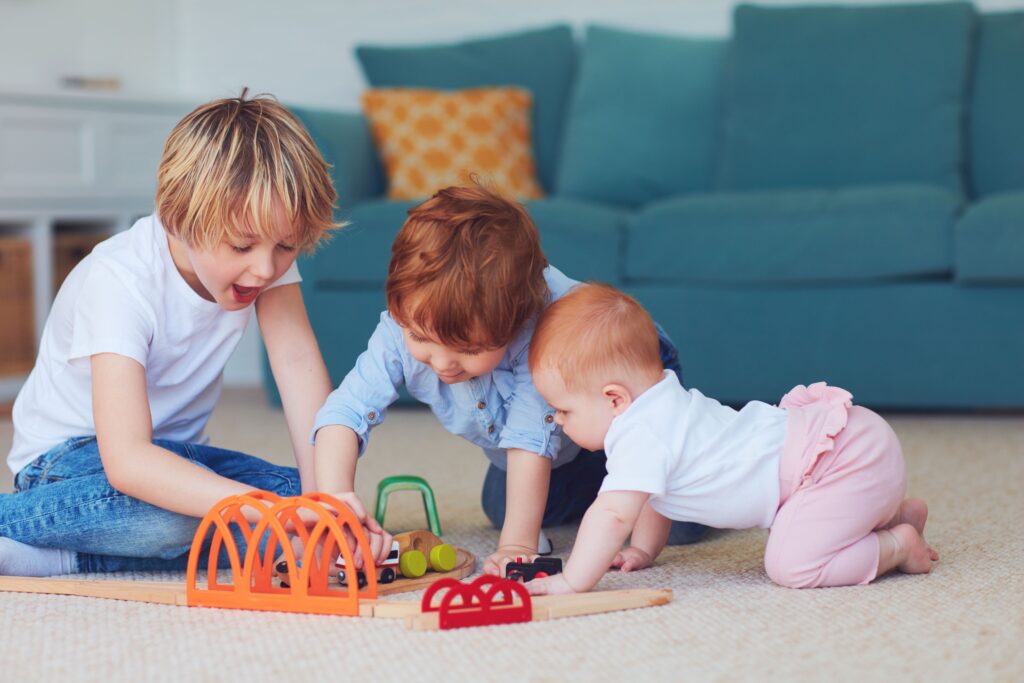By Ashley Stevenson
Human emotion is at the core of connection and communication. When children learn to listen to their emotions and the emotions of those around them, they have better outcomes. This include:
- More satisfying close relationships
- Heightened ability to navigate life obstacles
- Improved health and wellbeing
- Enhanced capacity to achieve life goals
Helping children to attune to their own emotions can be one of the toughest challenges of being a caregiver or parent. By using an emotion coaching approach, you can support your child to better understand themselves and their emotions.
Emotion Coaching Tips:
Observe
Aim to be aware of how your child is feeling. When kids are little, they do not yet have the skills to notice, express or manage their emotions effectively. As a parent or carer, noticing changes in your child’s mood can help you to guide them through their different emotional states.
Give it a Name
When you notice emotions showing up for your child, this is a great opportunity to help them learn to label emotions. For example, if your child had wanted to go to the park, but it is raining, and they are now withdrawn, or crying, you may try saying something such as “You are feeling really sad that you cannot go to the park while it’s raining.”
Empathise and Validate
Empathising and validating children’s emotions normalises feelings and can reduce distress. Some parents or carers worry that validating and empathising with emotions is the same thing as agreeing with a behaviour or point of view.
Imagine a scenario where you have taken your child to visit with family or friends, and when it comes time to leave your child becomes angry as they want to continue to play. Scenarios such as this can be difficult for parents and carers and you may find yourself flooded with your own big emotions. In times like these, it can be easy to focus on the challenging behaviour (yelling, shouting, stomping feet, throwing themselves on the floor). Or you may be focused on the facts of the situation, for instance your child may have already had three hours to play and you need to rush to your next task.
Acknowledging how your child is feeling can help them take the first step towards co-regulation with you and help resolve the challenging behaviour faster. You may try something such as “you have been having such a great time playing, and you are really angry that it is time to leave.”
Remember that offering empathy and validation does not mean you are agreeing with the behaviour. You are creating a foundation for your child to develop a new skill for managing that big feeling differently, which is by co-regulating with you.
Develop Problem Solving Skills
The next step is to support your child to come up with solutions to the problem they are having. This will help to reduce their distress, and the challenging behaviours they might be exhibiting. An example might be your child expressing fear of sleeping in their own bed. In this scenario you can label the emotion of fear and take time to understand why your child is feeling afraid. Once you have details about what is contributing to the fear, for example, scary shadows, the dark or the noise of trees outside, you can then work together on the solution. You can brainstorm with your child, and work together to select the best option, for example, a night light.
Training
If you would like to learn more about how to adopt an emotion coaching approach with your child, you may like to consider the Tuning Into Kids Program. This program is offered in a range of settings, including here at CoRe Kids Therapy. Check out our parenting programs page for more information Tuning Into Kids – CoRe Kids Therapy | Parenting Programs




